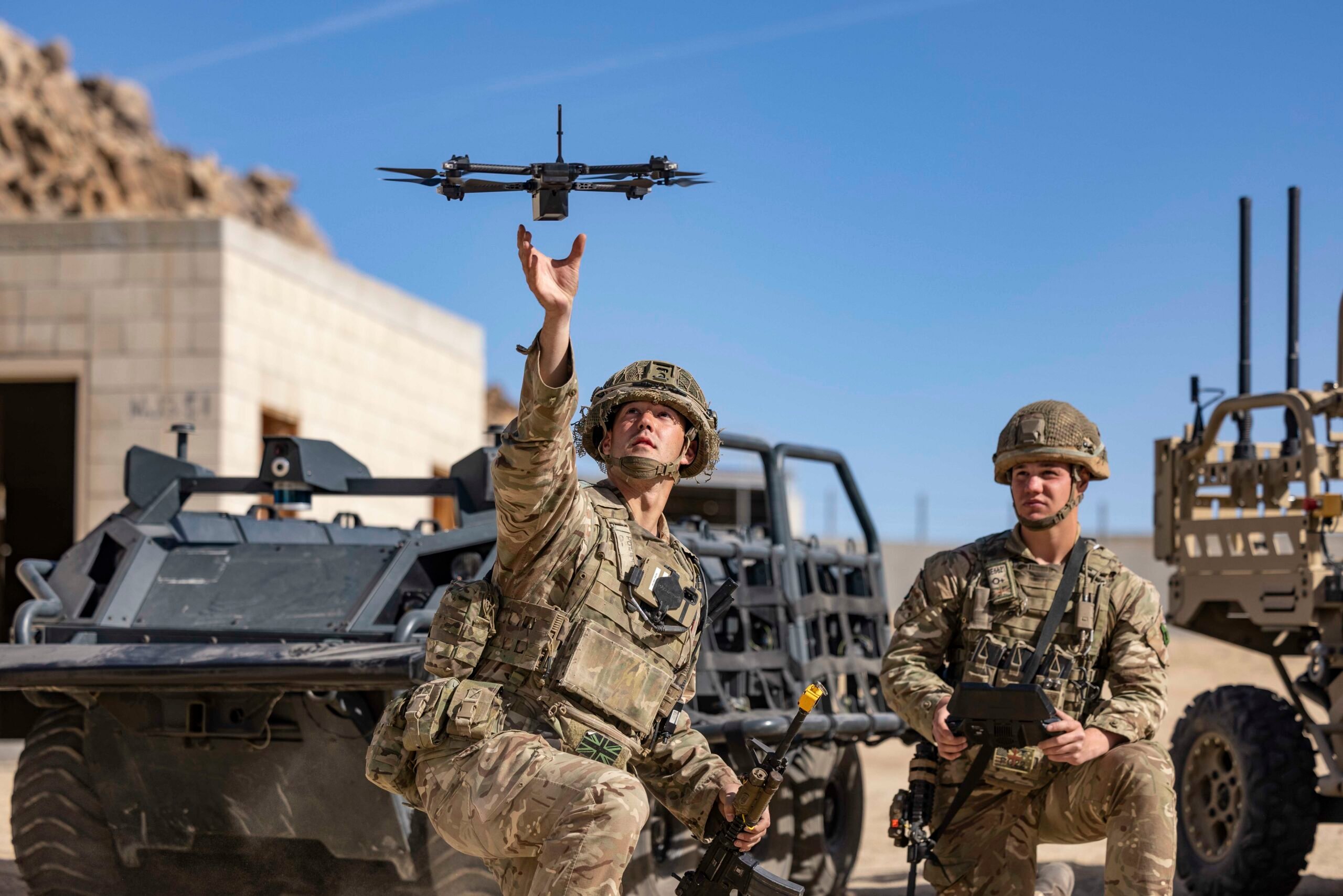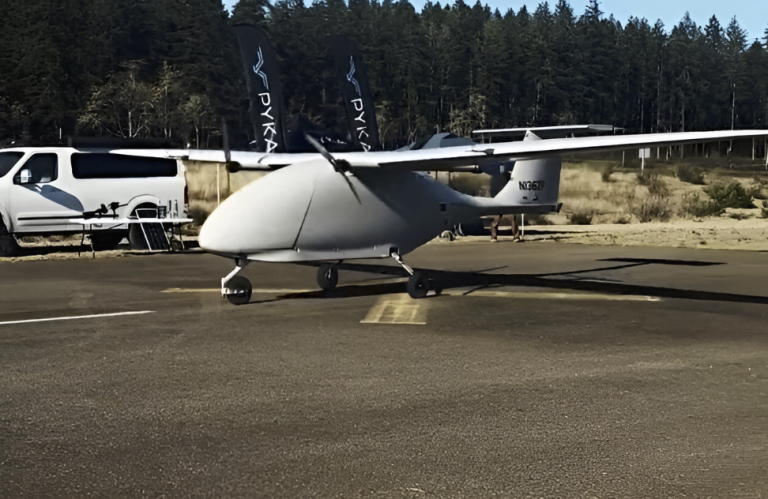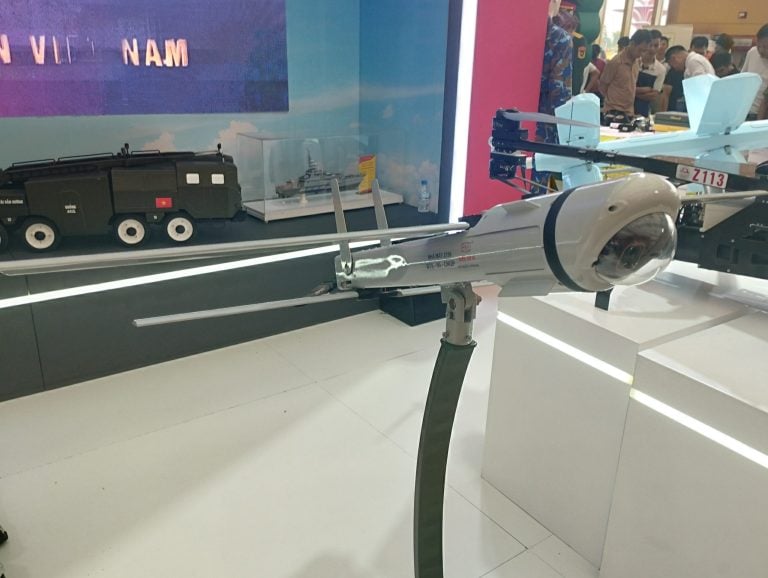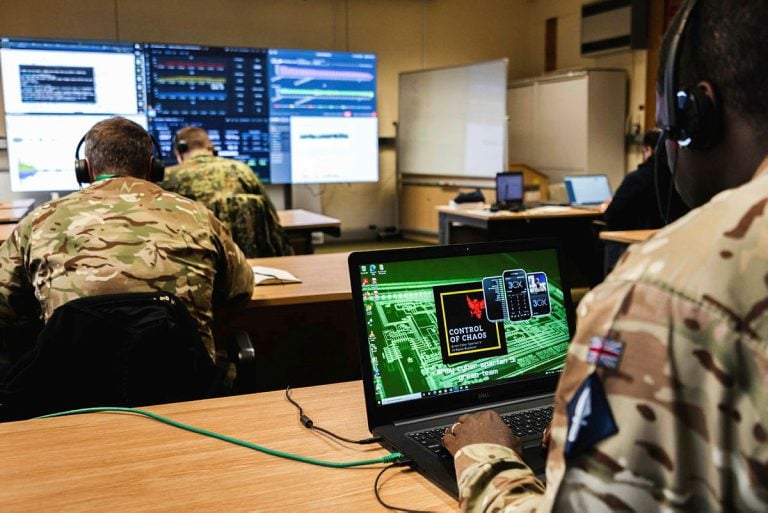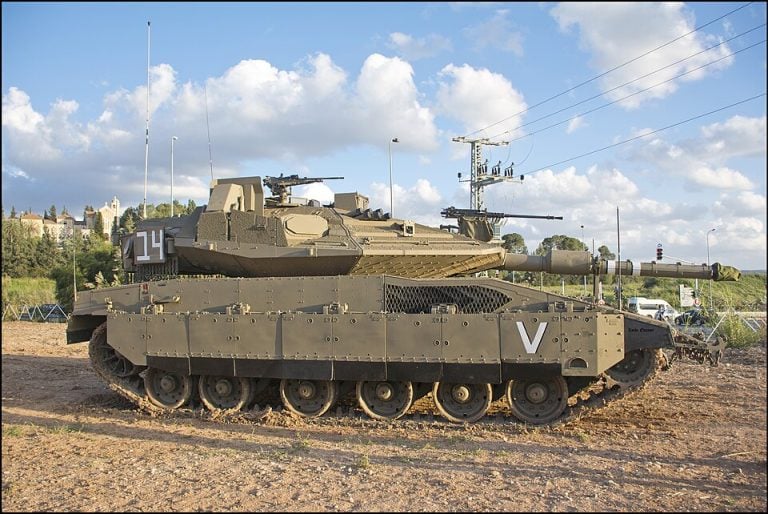British soldiers are poised to receive enhanced powers concerning the engagement of potentially hostile drones in and around UK military bases, according to a report by Reuters. This policy shift is aimed at bolstering security measures at critical defense installations amid mounting worries about threats from Russia.
Until now, UK military personnel have been limited to non-lethal responses to drone threats, utilizing methods such as redirecting drones or disrupting their GPS signals through counter-drone technology. Lethal force has only been authorized in rare and exceptional circumstances. However, the forthcoming policy change would formally empower troops and the Ministry of Defence Police with a “kinetic option,” allowing them to shoot down drones perceived as dangers to sensitive military sites.
Initially, this expanded authority will be restricted to defense facilities, although the government has not dismissed the possibility of broadening the scope to include other vital locations, such as airports, The Telegraph has reported. More specifics regarding this policy change are expected to be revealed during an upcoming address by British Defence Secretary John Healey.
This move is part of a broader trend among European nations and NATO allies to tighten airspace security in light of an increase in drone incidents, many of which have been linked to Russian activities. Recent reports indicate several incursions involving Russian drones into the airspace of Poland and Estonia last month, intensifying the urgency of addressing potential drone threats.
Earlier this October, the UK reinforced its airspace monitoring capabilities, with two Royal Air Force aircraft participating in a 12-hour patrol mission along Russia’s border. This operation was part of a larger effort by NATO to keep a vigilant eye on airspace violations.
In tandem with these developments, other NATO member states have begun implementing measures that authorize military forces to shoot down hostile or unidentified drones. For instance, Lithuania has recently proposed amendments to its military regulations aimed at granting armed forces greater flexibility to counter such aerial threats.
